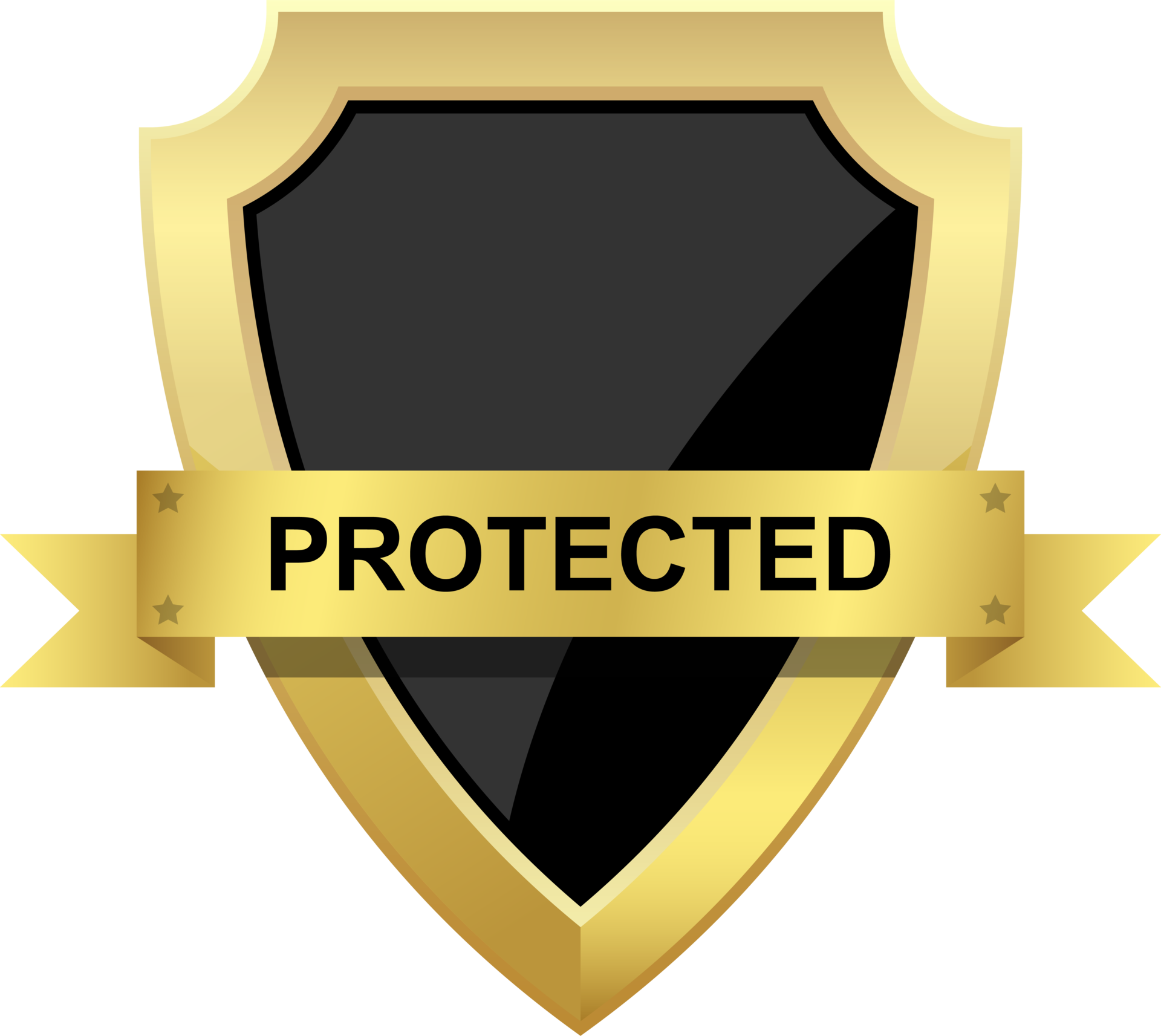In an age rife with temptations and pervasive influences, the nurturing of our children has emerged as a paramount concern. It is essential to fashion an environment replete with resilience, akin to a fortified shield that safeguards the young from the vicissitudes of life. At the heart of Bahá’í teachings lies a profound understanding of spiritual and moral development that acts as a protective barrier, ensuring holistic growth and development. This article explores the teachings of the Bahá’í Faith and articulates a multifaceted approach to guard our children against the perils of addiction.
Understanding Addiction: The Contemporary Malady
In contemporary society, addiction looms as a specter that afflicts individuals across all strata. It is not merely the result of individual proclivity but is deeply woven into the fabric of our environment. The prevalence of substance abuse, technology overuse, and other compulsive behaviors underscore the urgency of proactive engagement. Fostering a comprehensive epistemology regarding addiction is invaluable; it empowers parents to recognize and mitigate risks.
The Role of Spiritual Education
Bahá’í teachings emphasize the significance of spiritual education as a bulwark against addiction. By instilling ideals of moral rectitude and ethical responsibility from an early age, parents can equip their children with a framework to navigate life’s challenges. Love for the virtues of honesty, integrity, and moderation becomes paramount. Such spiritual education is not a mere didactic exercise; it signifies an immersion into a lifestyle that promotes dignity, self-worth, and self-control.
The Importance of Family Bonds
Another salient aspect of protection is the promotion of robust family bonds. Family serves as the initial social environment where children learn to form relationships and understand boundaries. Strong familial ties grounded in open communication and emotional support create a sanctuary where children feel secure. Parents should strive to cultivate an atmosphere where children are encouraged to share their thoughts, fears, and aspirations without fear of judgment. This transparency fosters trust and lays the groundwork for a resilient spirit.
Empowering Personal Agency
In alignment with Bahá’í principles, empowering children to make choices is imperative. The capacity for personal agency—coupled with an awareness of consequences—fosters a sense of responsibility. Teaching children to scrutinize their decisions cultivates critical thinking skills, vital for resisting peer pressure and unhealthy behaviors. Engaging in discussions about the implications of their actions helps solidify their understanding and enhances their intrinsic motivation to avoid addictive behaviors.
Creating Positive Environments
The environment plays a crucial role in shaping behaviors. The Bahá’í teachings advocate for the establishment of conducive spaces that reinforce positive social interactions. Communities that foster spiritual and educational gatherings provide avenues for children to engage in constructive activities. Encourage participation in after-school programs, mentorship initiatives, and community service projects. Engaging with peers who embody healthy lifestyles further strengthens their resolve against addiction.
Encouraging Healthy Coping Mechanisms
Resilience is like a shield—a necessity in the face of adversity. Bahá’í teachings elucidate the importance of developing healthy coping mechanisms as formidable defenses against stressors that may lead to addiction. Children should be encouraged to partake in physical activities, artistic endeavors, and mindfulness practices. These pursuits not only enhance their well-being but also serve as effective outlets for emotional expression, fostering stability amidst chaos.
Modeling Behavior
Parents epitomize the role of models in their children’s lives. The Bahá’í perspective emphasizes that children learn more through observation than instruction. Hence, embodying the values of moderation and responsible behavior creates a tangible example for children to emulate. Engaging in self-care and healthy habits demonstrates that balanced living is attainable and desirable. This practice nourishes a culture of respect and accountability within the family unit.
Fostering a Connection to the Community
Integral to Bahá’í teachings is the interconnection of individuals within a community. Children should be taught the importance of contributing to the improved welfare of society. Cultivating a sense of purpose through engagement with community initiatives fosters a protective buffer against feelings of isolation and despair, which can precipitate addiction. Service endeavors—whether through volunteerism or social action—instill a sense of belonging and responsibility.
Continuous Vigilance and Support
Lastly, protecting children from addiction necessitates continuous vigilance and support. The cyclical nature of addiction means that preventive measures must be ongoing. Regular dialogues about the risks associated with various substances and behaviors are crucial. Parents should remain attuned to changes in their children’s attitudes and activities. Providing unwavering emotional support reinforces the notion that children are never alone as they traverse challenges.
Conclusion: A Shield of Protection Against Addiction
In conclusion, the Bahá’í teachings offer a holistic approach to protecting children from addiction. By weaving together strands of spiritual education, strong family connections, personal agency, positive environments, healthy coping mechanisms, and community engagement, a formidable shield of protection can be constructed. Through these principles, children can navigate the complexities of life with integrity and resilience, ultimately forging paths that lead to fulfillment and purpose. In this ever-evolving landscape, let us remain vigilant and dedicated to the noble pursuit of nurturing sound, healthy lives for future generations.
